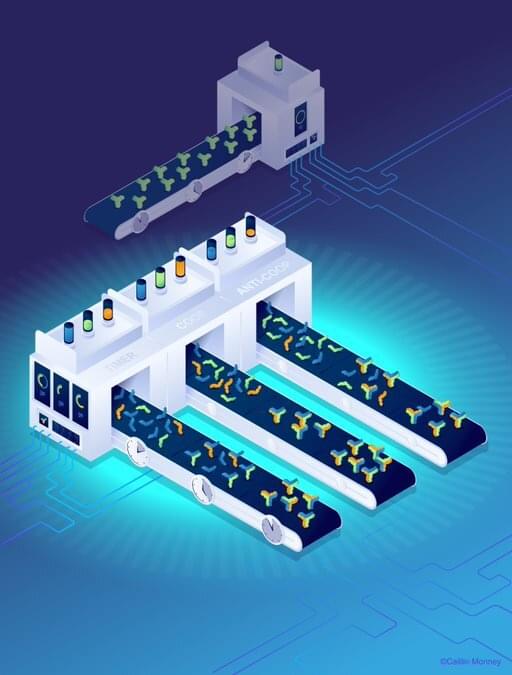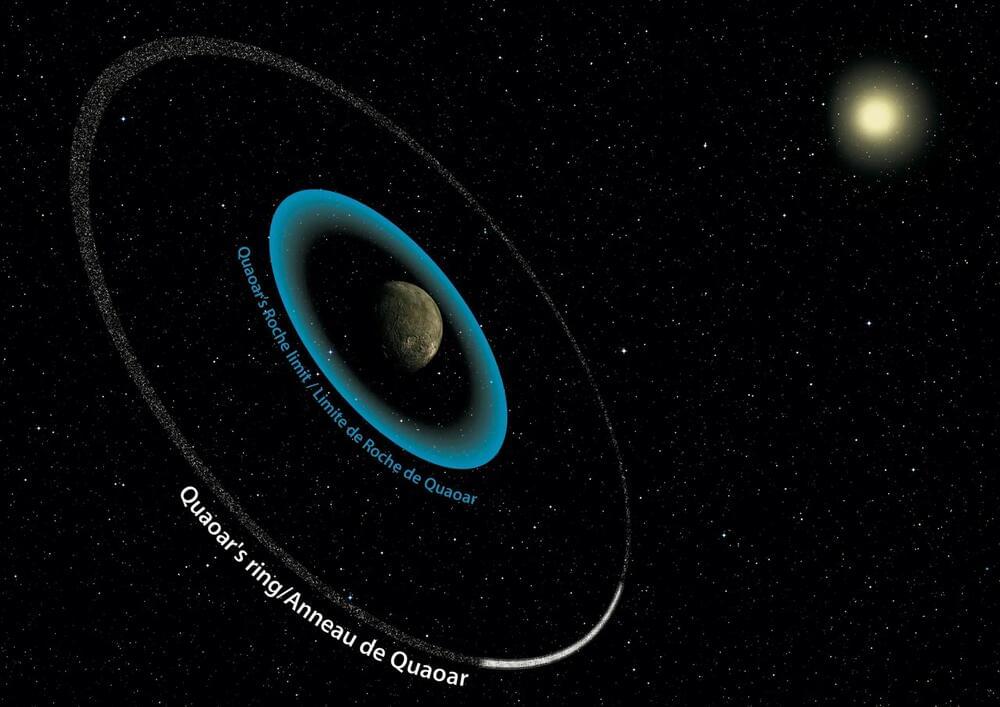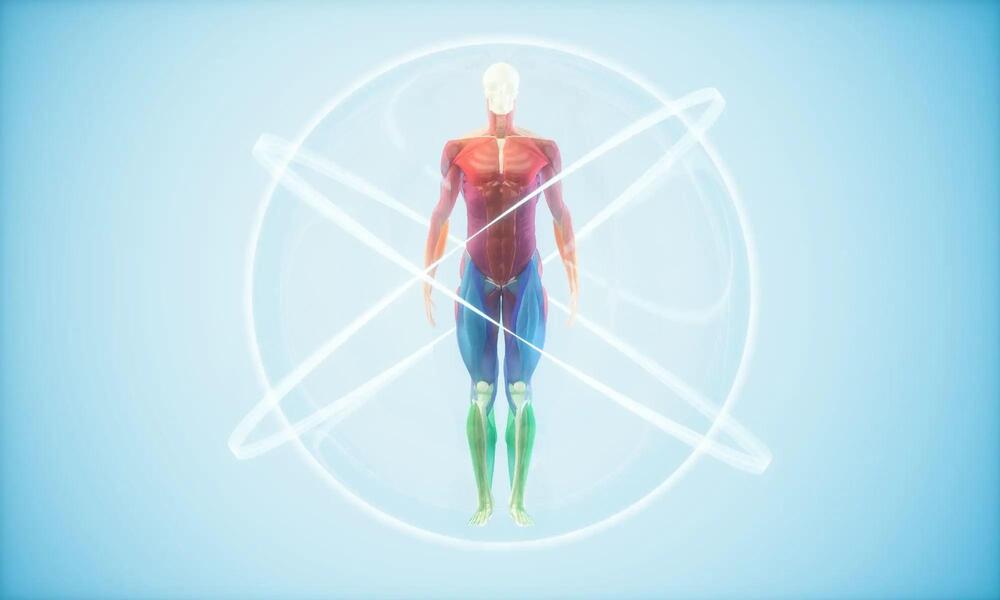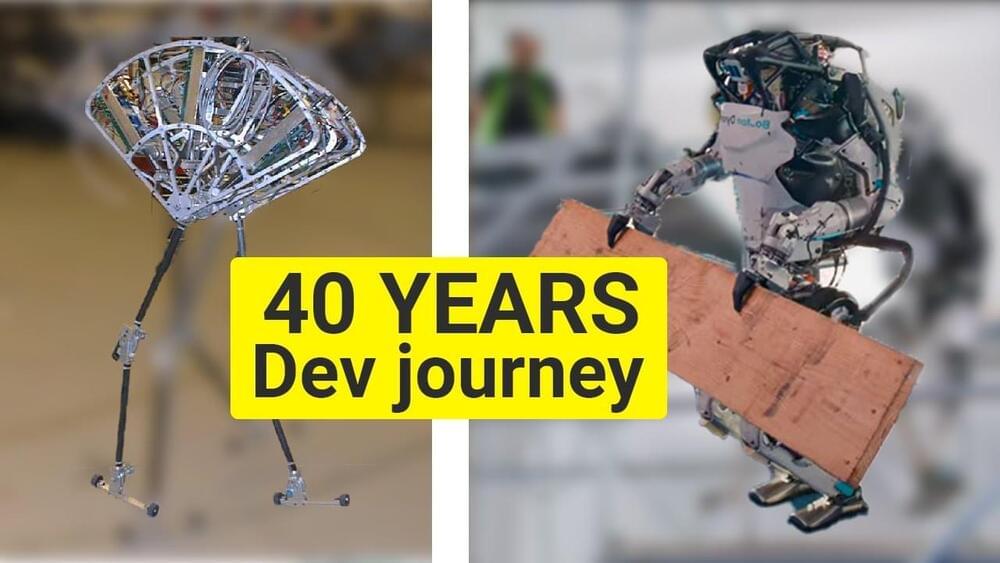Feb 10, 2023
Google Maps challenges Apple’s 3D mode with a new ‘immersive view’ for cities
Posted by Gemechu Taye in categories: mapping, mobile phones, robotics/AI
Google is launching new updates for Maps that are part of its plan to make the navigation app more immersive and intuitive for users, the company announced today at its event in Paris.
Most notably, the company announced that Immersive View is rolling out starting today in London, Los Angeles, New York, San Francisco and Tokyo. Immersive View, which Google first announced at I/O in May 2022, is designed to help you plan ahead and get a deeper understanding of a city before you visit it. The company plans to launch Immersive View in more cities, including Amsterdam, Dublin, Florence and Venice in the coming months.
The feature fuses billions of Street View and aerial images to create a digital model of the world. It also layers information on top of the digital model, such as details about the weather, traffic and how busy a location may be. For instance, say you’re planning to visit the Rijksmuseum in Amsterdam and want to get an idea of it before you go. You can use Immersive View to virtually soar over the building to get a better idea of what it looks like and where the entrances are located. You can also see what the area looks like at different times of the day and what the weather will be like. Immersive View can also show you nearby restaurants, and allows you look inside them to see if they would be an ideal spot for you.
Continue reading “Google Maps challenges Apple’s 3D mode with a new ‘immersive view’ for cities” »


















